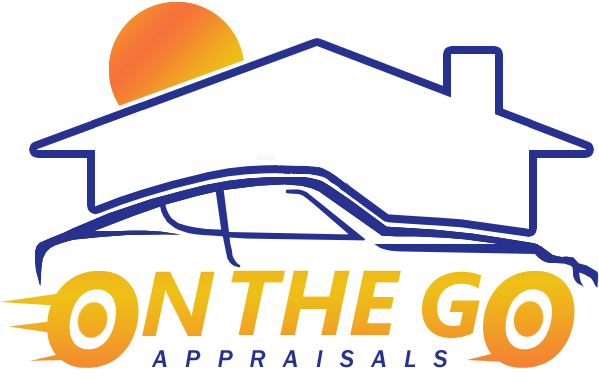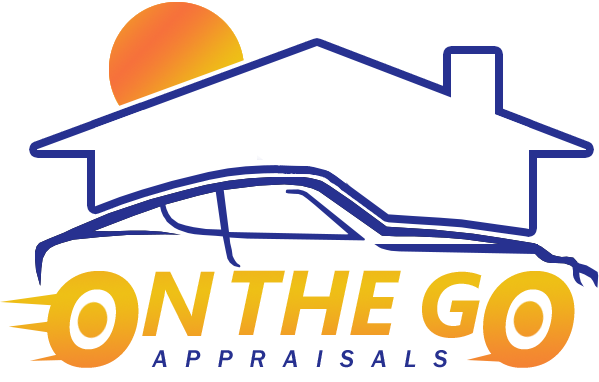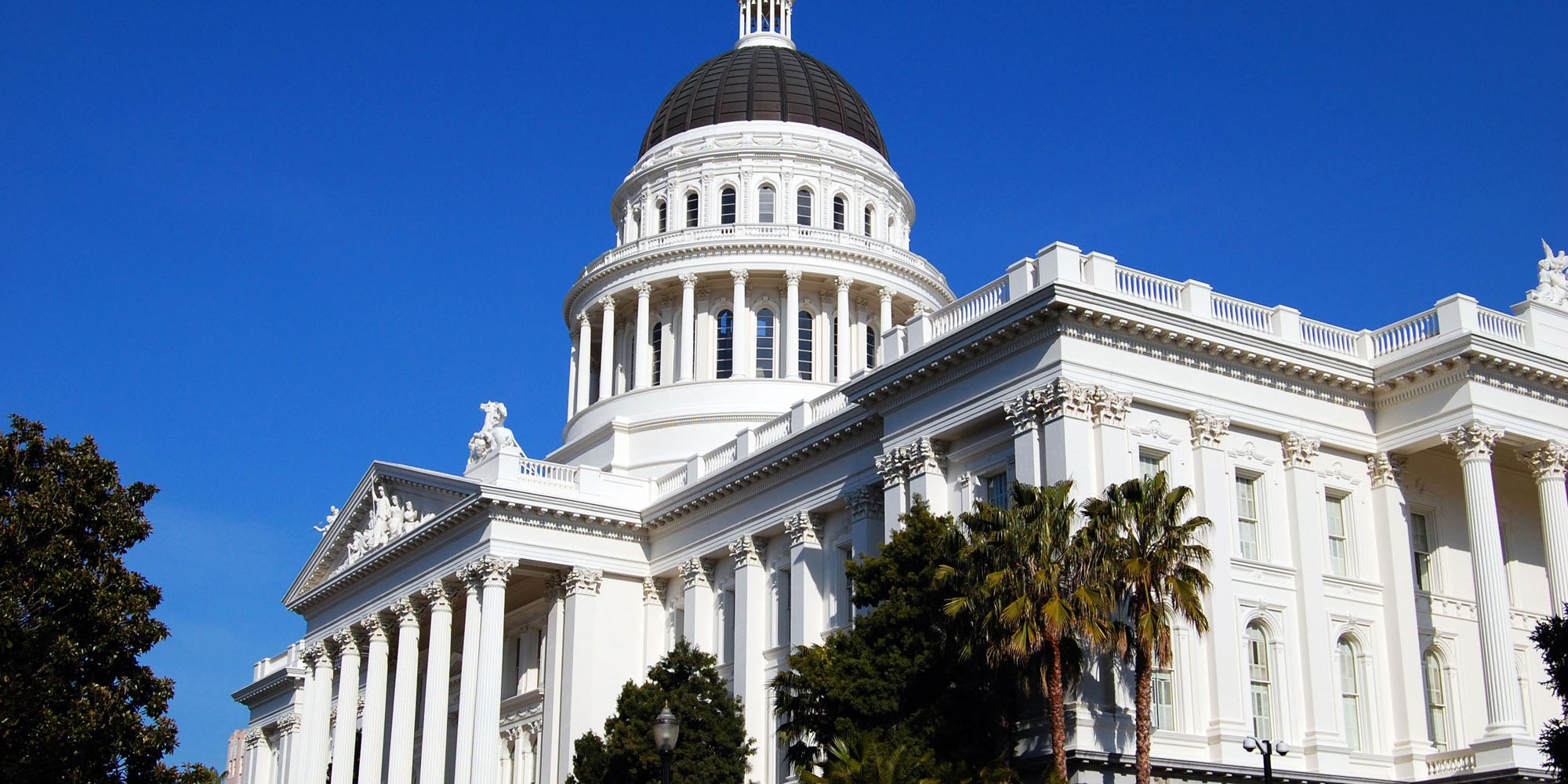PPIC Statewide Survey: Californians and Their Government
Key findings include: Proposition 30 on reducing greenhouse gas emissions has lost ground in the past month, with support among likely voters now falling short of a majority. Democrats hold an overall edge across the state's competitive districts; the outcomes could determine which party controls the US House of Representatives. Four in ten likely voters are satisfied with how democracy is working in the US. Many Californians have negative perceptions of their personal finances and the US economy this election season.

In the upcoming November 8 election, there will be seven state propositions for voters. Due to time constraints, our survey only asked about three ballot measures: Propositions 26, 27, and 30. For each, we read the proposition number, ballot, and ballot label. Two of the state ballot measures were also included in the September survey (Propositions 27 and 30), while Proposition 26 was not.
If the election were held today, 34 percent of likely voters would vote “yes,” 57 percent would vote “no,” and 9 percent are unsure of how they would vote on Proposition 26—Allows In-Person Roulette, Dice, Game, Sports Wagering on Tribal Lands. This measure would allow in-person sports betting at racetracks and tribal casinos, requiring that racetracks and casinos offering sports betting make certain payments to the state to support state regulatory costs. It also allows roulette and dice games at tribal casinos and adds a new way to enforce certain state gambling laws. There is partisan agreement on Prop 26: fewer than four in ten Democrats, Republicans, and independents would vote “yes.” Moreover, less than a majority across all regions and demographic groups—with the exception of likely voters ages 18 to 44 (51% yes, 44% no)—would vote “yes.”
If the election were held today, 26 percent of likely voters would vote “yes,” 67 percent would vote “no,” and 8 percent are unsure of how they would vote on Proposition 27—Allows Online and Mobile Sports Wagering Outside Tribal Lands. This citizens’ initiative would allow Indian tribes and affiliated businesses to operate online and mobile sports wagering outside tribal lands. Strong majorities across partisan groups would vote “no” on Prop 27. The share voting “yes” has decreased since a month ago (34% September). Today, fewer than three in ten across partisan groups would vote “yes” on Prop 27. Moreover, fewer than four in ten across regions, gender, racial/ethnic, education, and income groups would vote “yes.” Likely voters ages 18 to 44 (41%) are far more likely than older likely voters ages 45 and above (19%) to say they would vote “yes.”
If the election were held today, 41 percent of likely voters would vote “yes,” 52 percent would vote “no,” and 7 percent are unsure of how they would vote on Proposition 30—Provides Funding for Programs to Reduce Air Pollution and Prevent Wildfires by Increasing Tax on Personal Income over $2 Million. This citizens’ initiative would increase taxes on Californians earning more than $2 million annually and allocate that tax revenue to zero-emission vehicle purchase incentives, vehicle charging stations, and wildfire prevention. The share saying “yes” on Prop 30 has decreased from 55 percent in our September survey (note: since September, Governor Newsom has been featured in “no on Prop 30” commercials). Today, unlike Prop 26 and Prop 27, partisan opinions are divided on Prop 30: 61 percent of Democrats would vote “yes,” compared to far fewer Republicans (15%) and independents (38%). Across regions, and among men and women, support falls short of a majority (36% men, 45% women). Fewer than half across racial/ethnic groups say they would vote “yes” (39% whites, 42% Latinos, 46% other racial/ethnic groups). Just over half of likely voters with incomes under $40,000 (52%) would vote “yes,” compared to fewer in higher-income groups (42% $40,000 to $79,999, 36% $80,000 or more). Nearly half of likely voters ages 18 to 44 (49%) would vote “yes,” compared to 37 percent of older likely voters.

In the upcoming November 8 election, there will be seven state propositions for voters. Due to time constraints, our survey only asked about three ballot measures: Propositions 26, 27, and 30. For each, we read the proposition number, ballot, and ballot label. Two of the state ballot measures were also included in the September survey (Propositions 27 and 30), while Proposition 26 was not.
If the election were held today, 34 percent of likely voters would vote “yes,” 57 percent would vote “no,” and 9 percent are unsure of how they would vote on Proposition 26—Allows In-Person Roulette, Dice, Game, Sports Wagering on Tribal Lands. This measure would allow in-person sports betting at racetracks and tribal casinos, requiring that racetracks and casinos offering sports betting make certain payments to the state to support state regulatory costs. It also allows roulette and dice games at tribal casinos and adds a new way to enforce certain state gambling laws. There is partisan agreement on Prop 26: fewer than four in ten Democrats, Republicans, and independents would vote “yes.” Moreover, less than a majority across all regions and demographic groups—with the exception of likely voters ages 18 to 44 (51% yes, 44% no)—would vote “yes.”
If the election were held today, 26 percent of likely voters would vote “yes,” 67 percent would vote “no,” and 8 percent are unsure of how they would vote on Proposition 27—Allows Online and Mobile Sports Wagering Outside Tribal Lands. This citizens’ initiative would allow Indian tribes and affiliated businesses to operate online and mobile sports wagering outside tribal lands. Strong majorities across partisan groups would vote “no” on Prop 27. The share voting “yes” has decreased since a month ago (34% September). Today, fewer than three in ten across partisan groups would vote “yes” on Prop 27. Moreover, fewer than four in ten across regions, gender, racial/ethnic, education, and income groups would vote “yes.” Likely voters ages 18 to 44 (41%) are far more likely than older likely voters ages 45 and above (19%) to say they would vote “yes.”
If the election were held today, 41 percent of likely voters would vote “yes,” 52 percent would vote “no,” and 7 percent are unsure of how they would vote on Proposition 30—Provides Funding for Programs to Reduce Air Pollution and Prevent Wildfires by Increasing Tax on Personal Income over $2 Million. This citizens’ initiative would increase taxes on Californians earning more than $2 million annually and allocate that tax revenue to zero-emission vehicle purchase incentives, vehicle charging stations, and wildfire prevention. The share saying “yes” on Prop 30 has decreased from 55 percent in our September survey (note: since September, Governor Newsom has been featured in “no on Prop 30” commercials). Today, unlike Prop 26 and Prop 27, partisan opinions are divided on Prop 30: 61 percent of Democrats would vote “yes,” compared to far fewer Republicans (15%) and independents (38%). Across regions, and among men and women, support falls short of a majority (36% men, 45% women). Fewer than half across racial/ethnic groups say they would vote “yes” (39% whites, 42% Latinos, 46% other racial/ethnic groups). Just over half of likely voters with incomes under $40,000 (52%) would vote “yes,” compared to fewer in higher-income groups (42% $40,000 to $79,999, 36% $80,000 or more). Nearly half of likely voters ages 18 to 44 (49%) would vote “yes,” compared to 37 percent of older likely voters.
Key findings include: Proposition 30 on reducing greenhouse gas emissions has lost ground in the past month, with support among likely voters now falling short of a majority. Democrats hold an overall edge across the state's competitive districts; the outcomes could determine which party controls the US House of Representatives. Four in ten likely voters are satisfied with how democracy is working in the US. Many Californians have negative perceptions of their personal finances and the US economy this election season.
PPIC Statewide Survey: Californians and Their Government
otgappraisals
On The Go Appraisals
+1 833-219-9001
Claims@otgappraisals.com




